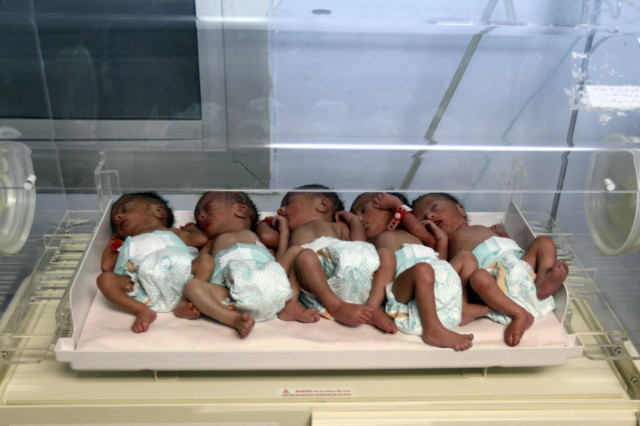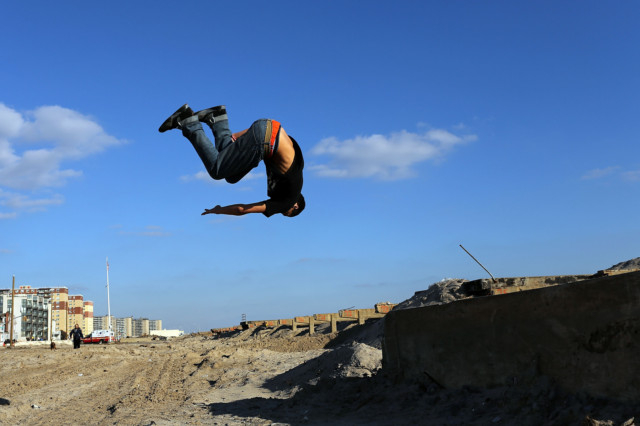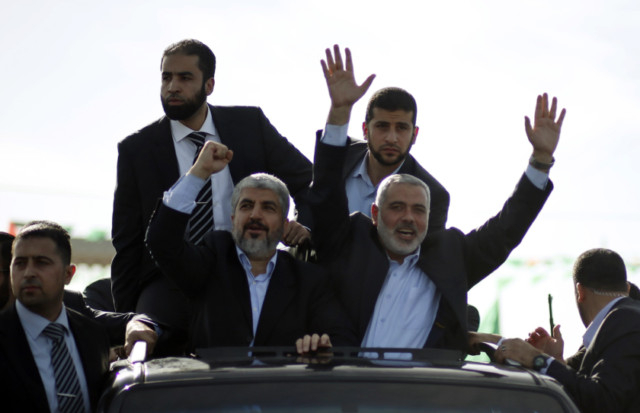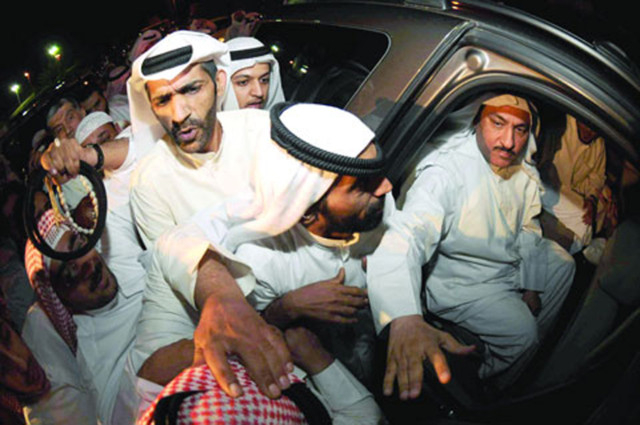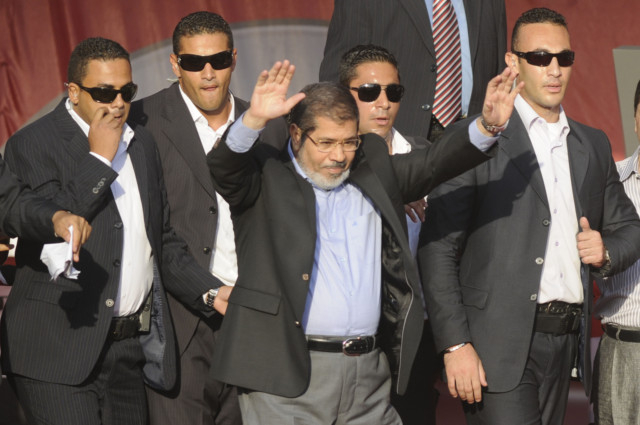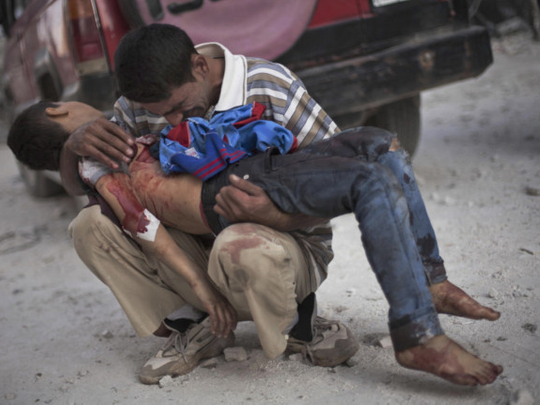
Dubai: The year 2012 was a turbulent one for the Middle East still recovering from the aftermath of the Arab Spring. As four dictators have fell in the region, emerging democracies such as Egypt, Tunisia, Libya and Yemen are trying to pick up the pieces.
Syria, still in the midst of its uprising against President Bashar Al Assad, suffered the most, with over 53,000 deaths accounting for 57 per cent of the deaths attributed to the Arab Spring. Libya came in second with 39 per cent. The Syrian regime, backed by Russia and Iran, has been holding onto dear life as a determined opposition has sought help from Gulf countries financially to back their uprising. Over time the rebels have made incredible gains across the country as they intelligence and weapon stock pile mature.
Many observers believe it is only a matter of time before the regime crumbles, as the West and many Arab countries have called for Al Assad to step down and have recognised the Syrian National Coalition as the legitimate representatives of the Syrian people.
Egypt also made many headlines this year as it held its first democratic elections in its history, electing Islamist leader Mohammad Mursi to power. The country has become deeply polarised as many groups are not happy with the domination of the Muslim Brotherhood and the Salafists in parliament and accuse Mursi of “abusing” his powers to push forward a contentious consitution. Meanwhile, former Egyptian President Hosni Mubarak remains in prison carrying out his life sentence after he was accused of ordering the killing of protests in last years uprising.
In Tunisia, many liberals and secularists also feel alientated by the Islamist-dominated government leaving many with a bitter taste in their mouths following their Jasmine revolution with overthrew dictator Zine Abideen Ben Ali and sparked protests in the rest of the Arab world.
In Gaza, the people underwent yet another brutal bombardment by Israel beginning when Israeli Prime Minister Benjamin Netanyahu ordered the killing of Hamas military chief, Ahmad Al Jaabari. Observers believe his aim was to provoke confrontation and launch a military operation in order to make himself look strong in the runup to Israeli elections in January.
Meanwhile, Kuwait went through a particularly turbulent year with the dissolution of parliament and fresh elections which saw women and Shiites make big gains, and Islamists losing seats. In an unprecedented move Kuwaiti authorities arrested opposition leader Musallam Al Barrak for making comments viewed as critical of Emir Shaikh Sabah Al Ahmad Al Sabah.


